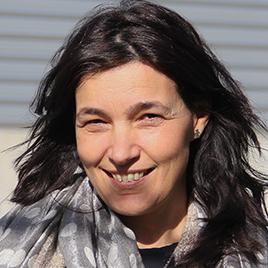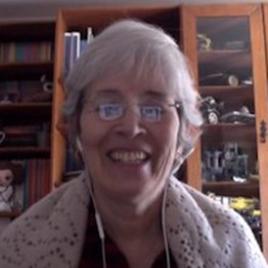Objectives and method
- To have a basic understanding of development problems associated with natural resource management
- To be aware of environmental issues raising from industrial processes and human activities
- To be able to analyze the environmental impact of products and technological processes, e.g., water use, waste, energy inputs and outputs, based on the knowledge of environmental processes
- To understand ecological design principles for product development
- To learn on innovative methods of increasing the value of industrial by-products, including wastes/wastewaters, within the concept of biorefineries and circular economy systems
- To know of existing environmental evaluation tools to assist in the design and operational options of products and processes
This unit is composed of lectures, tutorials, seminars and field work (visits). During lectures the different issues covered by the unit are exposed to discuss with the students. At the beginning of the semester they organize themselves in groups of 2-3 students and pick a topic which they explore during tutorials preparing a presentation for the whole class at the end of the semester. Part of this component is performed by each group in na online platform.
Specialists from different industrial sectors and from R&D are invited to broaden the applied aspects of the course during Seminars. Two visits to two organizations complement the course – in one they are confronted with the LEAN methodology and in another they are exposed to the Sustainability reports, both with a focus on the efficient use of resources and measuring environmental impact.
Syllabus
- Environmental Issues of current Concern: Global warming & climate change, Ozone layer depletion, Soil degradation and loss of wetlands & agricultural land, Species extinction, Contamination, Depletion & degradation of resources
- Impact of industrial activity on the environment: ecological footprint, carbon footprint, water footprint, energy footprint
- Principles of industrial ecology and nature-based solutions
- Circular design principles and application across different sectors throughout the production chain: technological opportunities and constraints
- The concept of biorefineries in a circular economy approach: feedstocks and products
- Environmental evaluation tools
- Managing the use of resources and the LEAN methodology
- Reporting environmental performance – Sustainability reports






